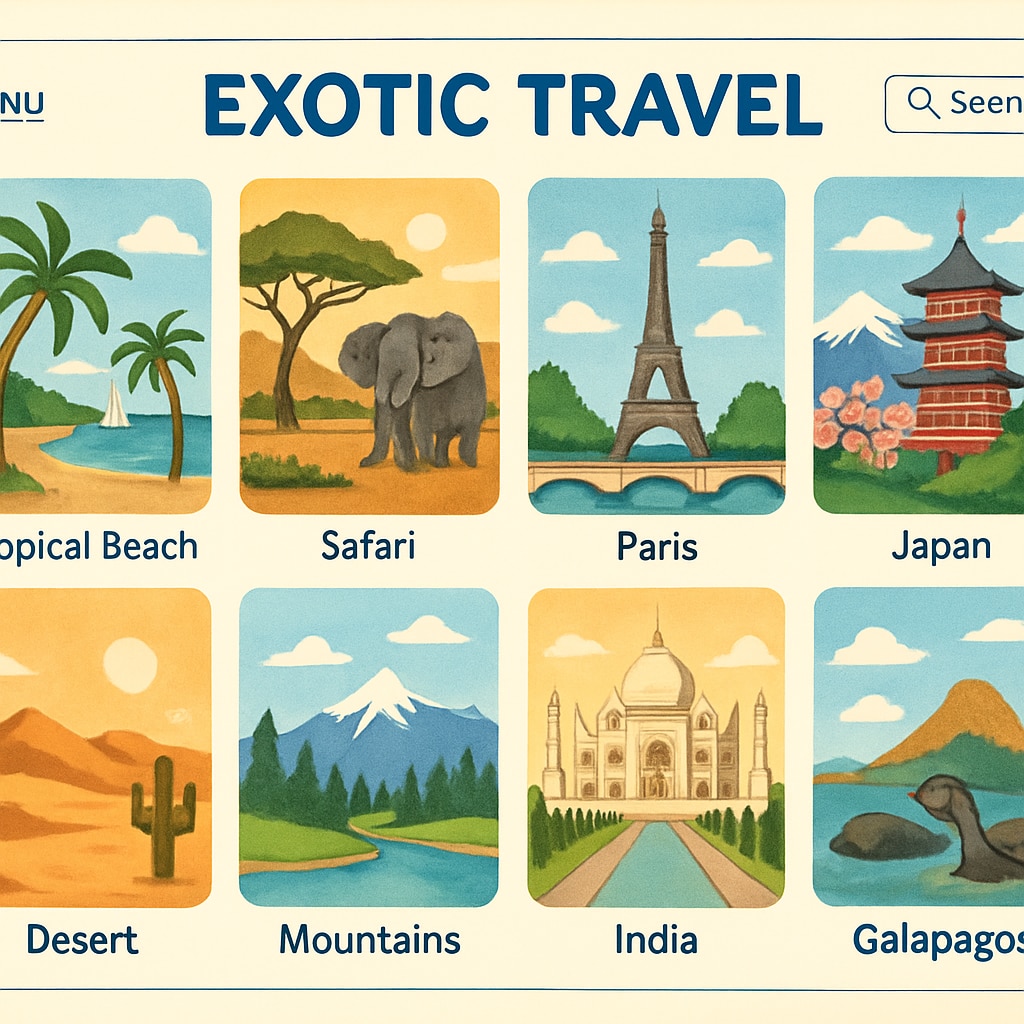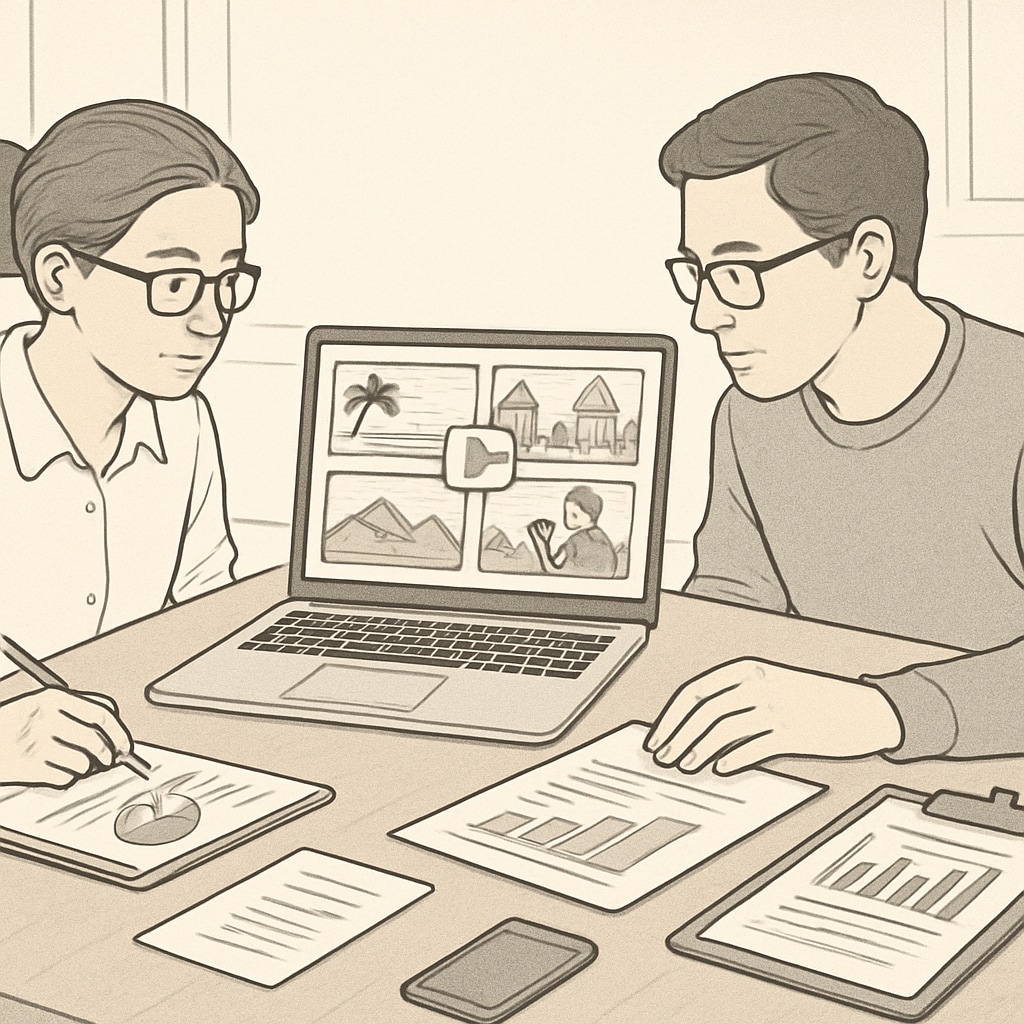In recent years, tourism short videos have emerged as a vital tool for master’s thesis data collection. These bite-sized, visually compelling narratives allow researchers to extract qualitative and quantitative insights about travel behavior, destination appeal, and tourism trends. Platforms like TikTok, Instagram Reels, and YouTube Shorts serve as rich data reservoirs, offering a panoramic view of global travel experiences. This article explores how tourism short videos are reshaping academic research, particularly in the field of tourism studies, and provides recommendations for their effective use in data collection.

How Tourism Short Videos Support Academic Data Collection
Tourism short videos are transforming the way researchers gather data for academic purposes. Their ability to capture authentic user-generated content (UGC) makes them an ideal source for understanding real-world travel patterns and experiences. For example, a video showcasing a local festival or hidden gem often includes valuable metadata such as geolocation, hashtags, and user interactions.
- Rich Visual Content: Short videos provide vivid, real-life visuals that help researchers analyze aesthetic and cultural attributes of destinations.
- Global Accessibility: These platforms eliminate geographical barriers, enabling researchers to study diverse cultural perspectives without physical travel.
- Real-Time Updates: Videos uploaded in real-time offer insights into current travel trends, making them a dynamic source of up-to-date information.
For instance, a master’s thesis focusing on the impact of digital media on tourism could utilize a database of short videos to analyze user engagement metrics and destination popularity. According to a study by Britannica, the convergence of media platforms has amplified the reach and influence of user-generated content, making it an integral part of modern research methodologies.
Challenges and Ethical Considerations in Using Short Videos
Despite their advantages, tourism short videos pose certain challenges for researchers. Ethical considerations, data reliability, and content authenticity are key concerns. For example, videos may present a highly curated version of reality, potentially skewing the data. Researchers must therefore employ robust validation techniques to ensure data accuracy.
- Privacy Issues: Using videos without proper consent can lead to ethical dilemmas.
- Biased Representation: Content often highlights only the positive aspects of destinations, neglecting challenges or drawbacks.
- Platform Limitations: Certain platforms restrict data access, complicating large-scale data retrieval.

To mitigate these challenges, researchers can adopt strategies such as anonymizing data, cross-referencing video content with other sources, and focusing on diverse content to avoid bias. Additionally, tools like sentiment analysis software can help quantify qualitative data, providing deeper insights into user perceptions and preferences. For more on data ethics, refer to the comprehensive guidelines by Wikipedia.
Future Prospects of Tourism Short Videos in Academic Research
The role of tourism short videos in academic research is expected to grow significantly in the coming years. Advancements in artificial intelligence (AI) and machine learning (ML) will further enhance their utility by automating data extraction and analysis. For example, AI-driven algorithms can identify patterns in user behavior, predict emerging tourism trends, and even simulate potential impacts of global events on travel preferences.
Moreover, the integration of augmented reality (AR) and virtual reality (VR) into short video platforms could offer immersive research experiences, allowing academics to virtually explore destinations. As these technologies evolve, they will provide even more granular data for master’s thesis projects, bridging the gap between digital content and real-world application.
In conclusion, tourism short videos are not just an entertainment medium; they are a transformative tool for academic research. By addressing the challenges and leveraging their potential, researchers can unlock new dimensions of knowledge, making their master’s thesis projects more impactful and relevant in today’s digital age.


